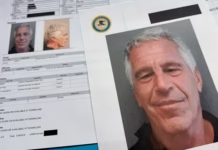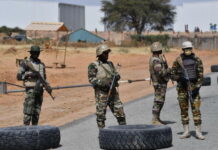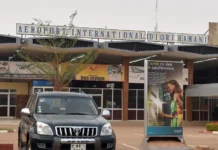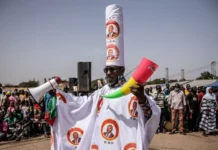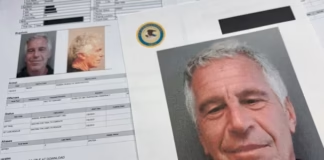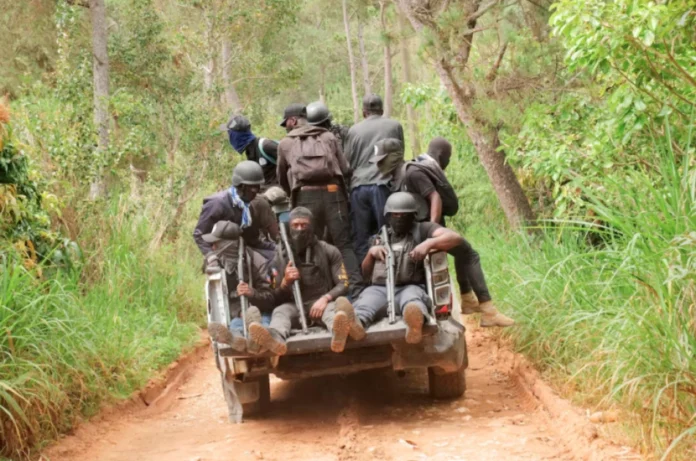
A year after the first deployment of Kenyan-led forces under the United Nations-backed Multinational Security Support (MSS) mission in Haiti, the commander has sounded the alarm over significant gaps in personnel, funding, and operational equipment.
Godfrey Otunge, who leads the mission, acknowledged on Thursday that the MSS is operating well below the strength needed to confront Haiti’s escalating gang violence. “As a new model, funded by voluntary partners, the mission faces challenges – including funding, personnel and logistics – that are being addressed to enable the mission to achieve its objectives on schedule,” Otunge said during a press briefing in the capital, Port-au-Prince.
The MSS, created to bolster Haiti’s overwhelmed national police, has struggled to meet its deployment targets. While more than 3,000 personnel were initially pledged, only about 991 have been deployed, with the bulk being Kenyans. According to a note sent to the U.N. Security Council by Kenyan President William Ruto last week, the current force also includes 150 Guatemalans, 78 Salvadorans, 23 Jamaicans, six Bahamians, and two Belizeans.
However, many troops remain on standby due to logistical constraints. Ruto revealed that critical contracts for logistical support have not materialized, hindering full deployment. He further noted that MSS equipment levels are currently below 30% of planned capacity.
Despite these setbacks, Otunge reported some progress. The mission has established two strategic bases in Artibonite, a gang-plagued region north of the capital, marking a foothold in the country’s most violent zones.
Calls by Haitian leaders for the MSS to transition into a formal U.N. peacekeeping operation, a move that would unlock more reliable funding and support, have stalled due to opposition from Russia and China at the U.N. Security Council.
Haiti remains gripped by a security and humanitarian crisis, with over 1.3 million people displaced by armed violence. Many hospitals remain closed, the economy is in disarray, and the judicial and governmental systems are largely paralyzed. When the first MSS troops arrived in June 2024, some 580,000 people had already been forced from their homes.
The MSS mission continues to seek additional support from the international community to fully execute its mandate and restore stability to the embattled Caribbean nation.
Written By Rodney Mbua









